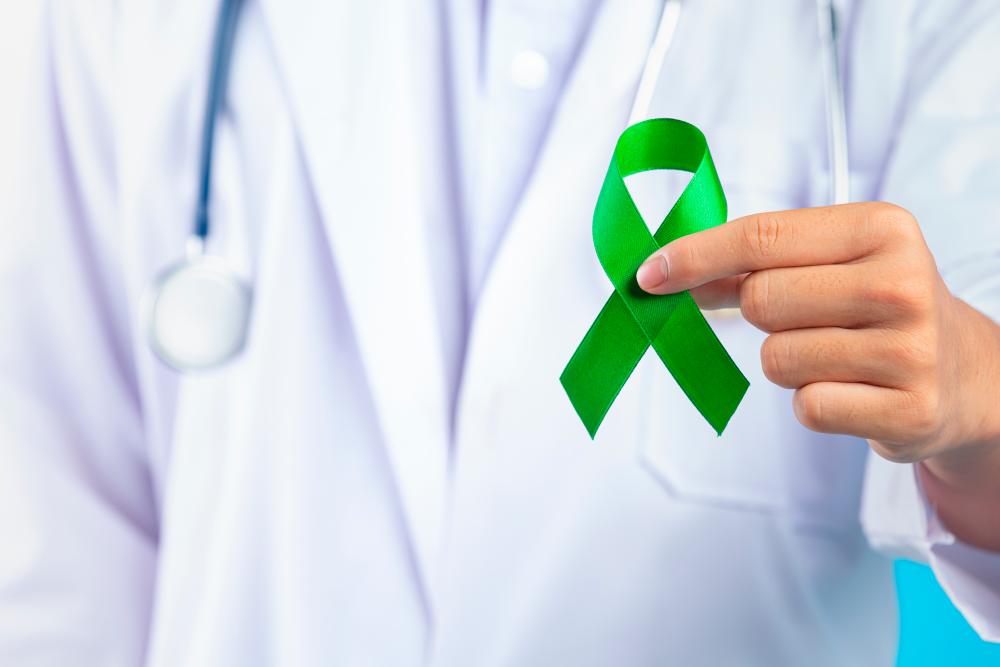KUALA LUMPUR: The alarming surge in liver cancer across Malaysia has sparked serious concern among health experts, with fatty liver disease emerging as a leading culprit.
According to the Global Cancer Observatory 2022 report, liver cancer is the fourth most common cancer in Malaysia and the fourth leading cause of cancer-related deaths, with 1,700 new cases recorded in the same year.
Consultant General, Hepatobiliary Pancreatic and Liver Transplant Surgeon at Sunway Medical Centre Velocity (SMCV), Dr Johann Faizal Khan, warns that Non-Alcoholic Fatty Liver Disease (NAFLD) or its more recent counterpart MAFLD (Metabolic Associated Fatty Liver Disease) are fast becoming a silent epidemic, significantly elevating the risk of liver cancer among Malaysians.
“Many Malaysians don’t realise they have fatty liver disease until they undergo an ultrasound assessment during a routine health screening or for any other medical condition that warrants an ultrasound.
“If left undetected, it can advance to more severe stages like cirrhosis (when the liver gets badly damaged over time and turns into scar tissue), and this poses a significant risk for developing liver cancer,” he told Bernama recently.
He said MAFLD is basically fatty liver disease coupled with obesity and metabolic syndrome and is now being seen as a major epidemic. Owing to the global obesity pandemic, MAFLD may be seen as high as 15% in children and young adults.
“But don’t be fooled. Approximately close to a quarter of people with NAFLD are individuals with normal body weight, and they are classified as lean or non-obese NAFLD. These individuals are also prone to develop type 2 diabetes,” he said.
Dr Johann explained that fatty liver disease develops when excess fat accumulates in the liver and, with time, leads to inflammation, liver cell damage, haphazard repair and scarring. At the end of the spectrum, there is a significant risk of developing liver cancer.
Research has shown that individuals with fatty liver disease face an increased risk of liver fibrosis, which eventually leads to cirrhosis and liver cancer. By the time symptoms such as jaundice, abdominal pain and weight loss appear, the cancer may be in its advanced stage.
While chronic viral hepatitis B and C infection remain significant causes of liver cancer globally, undiagnosed or untreated cases continue to drive liver cancer rates in Malaysia.
Liver cancer can be categorised into primary or secondary types. Primary liver cancer originates in the liver due to risk factors of fatty liver disease, cirrhosis, or hepatitis, while secondary liver cancer occurs when the cancer spreads from other organs, such as the colon, lungs, or pancreas, to the liver.
Dr Johann stressed that early detection through regular health screenings, such as liver function tests, MRI scans, blood tests, tissue sampling and ultrasound scans, is vital in improving survival rates.
“Medical advancements have improved treatment options. At Sunway Medical Centre Velocity, there is surgery, targeted therapy, chemotherapy and immunotherapy to improve patient outcomes,” he noted.
However, once liver cancer reaches an advanced stage, treatment options become limited. This underscores the importance of early intervention and proactive healthcare measures, he said.
But all is not doom and gloom, fatty liver in its early stages is reversible. By exercising and taking care of our diet, we can actually reverse the condition as early as six weeks to a couple of months.
As Malaysia grapples with an increasing burden of liver-related diseases, Dr Johann urges the public to take charge of their health through regular health check-ups, adhering to a balanced diet and engaging in an active lifestyle.
He said this is because fatty liver disease is commonly associated with lifestyle factors, particularly poor dietary and sedentary lifestyles.
“A diet high in processed foods, refined sugars, and unhealthy fats significantly increases the risk of developing fatty liver disease,” he said.
According to Dr Johann, being young and overweight, especially at the age of below 40, and having risk factors like being in a family with a history of heart disease, diabetes, and high cholesterol are all the red flags for the development of cancer, and this is not only for cancer in the liver.
As such, Dr Johann urged at-risk individuals to adopt a healthier lifestyle by increasing their intake of fruits, vegetables, whole grains and lean proteins while cutting back on processed foods and sugary drinks.
Even moderate activities such as brisk walking or cycling can significantly lower the risk of fatty liver disease and its complications, he said.
“Preventive healthcare is crucial in tackling fatty liver disease. By making conscious lifestyle changes and seeking regular medical check-ups, individuals can significantly reduce their risk of developing liver cancer,” stressed Dr Johann.
“Let’s work towards a healthier lifestyle for ourselves, our future generation and the nation as a whole,” he added.









